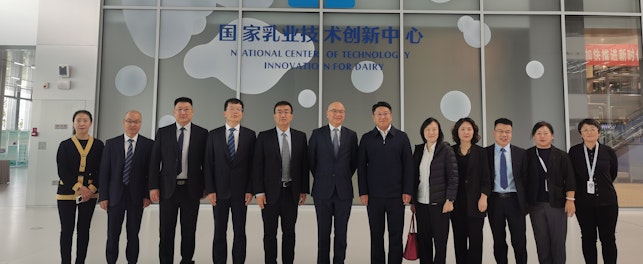SGS South Africa provides comprehensive mycotoxin testing to ensure food safety and compliance with both local and international regulations.
Over the years, numerous food product recalls have occurred due to the presence of harmful contaminants, including elevated levels of mycotoxins. Ensuring the safety of food products is crucial for protecting consumer health and meeting regulatory standards worldwide.
Understanding aflatoxin regulations
According to South Africa’s Foodstuffs, Cosmetics, and Disinfectants Act (Act 54 of 1972) and its subsequent amendments, strict limits are imposed on aflatoxin levels in foodstuffs. Under Government Notice No. R. 1145 (dated 8 October 2004), the following regulations apply:
- Foodstuffs intended for human consumption may not contain more than 10 µg/kg of total aflatoxins, with aflatoxin B1 not exceeding 5 µg/kg.
Amendments to this notice, published in Government Notice No. 987 (5 September 2016), outline specific limits for other mycotoxins:
- Cereal grains (wheat, maize, and barley) intended for further processing must not exceed 2,000 µg/kg of deoxynivalenol
- Flour, meal, semolina, and flakes derived from these grains, ready for human consumption, must not exceed 1,000 µg/kg of deoxynivalenol
- Raw maize grain for further processing must not contain more than 4,000 µg/kg of fumonisins (B1 + B2), while maize flour and maize meal for direct consumption must not exceed 2,000 µg/kg of fumonisins
Further processing refers to any treatment that effectively reduces mycotoxin levels in foodstuffs, ensuring their safety for human consumption.
SGS South Africa's mycotoxin testing services
SGS South Africa’s ISO/IEC 17025 accredited laboratory offers comprehensive mycotoxin testing to help businesses comply with both local and international regulations. SGS testing capabilities include aflatoxins, ochratoxin A and patulin, using SANAS-accredited HPLC methods.
Additionally, SGS has introduced a newly SANAS accredited multi-mycotoxin screening method (HPLC/MS), which offers high sensitivity and selectivity for detecting these toxic compounds. This comprehensive screening provides results within three days and can identify multiple mycotoxins, including aflatoxins, ochratoxin A, deoxynivalenol (DON), zearalenone (ZON), fumonisins, T2, and HT2.
SGS Health & Nutrition SA is also approved by GAFTA and DALRDD to support testing for export markets.
The importance of ongoing mycotoxin management
Preventing mycotoxin contamination requires constant vigilance, including regular monitoring, maintaining optimal storage conditions, and applying good agricultural practices. Effective mycotoxin risk management is essential to avoid harmful impacts on consumer health and ensure regulatory compliance.
SGS provides global services that encompass compliance, training, inspection, auditing, and certification to help food businesses deliver safe, high-quality and compliant products to markets worldwide. Protect your business and supply chain by minimizing contamination risks through SGS's extensive network of food safety experts.
For further information, please contact:
Cameron Ogden
Business Development Specialist
ZAF Health & Nutrition
t: +27 67 598 4981
About SGS
We are SGS – the world’s leading testing, inspection and certification company. We are recognized as the global benchmark for sustainability, quality and integrity. Our 99,600 employees operate a network of 2,600 offices and laboratories around the world.
Country club estate building 9, 21 Woodlands drive, Woodmead,
Johannesburg, South Africa



